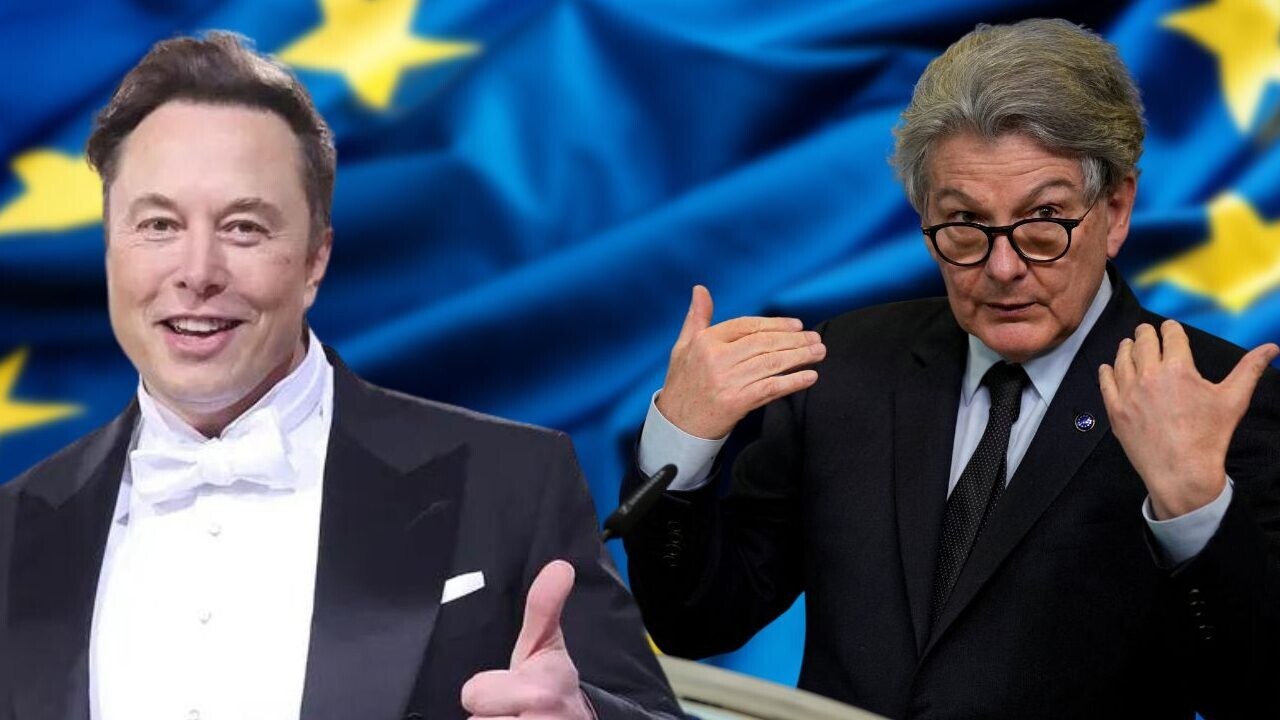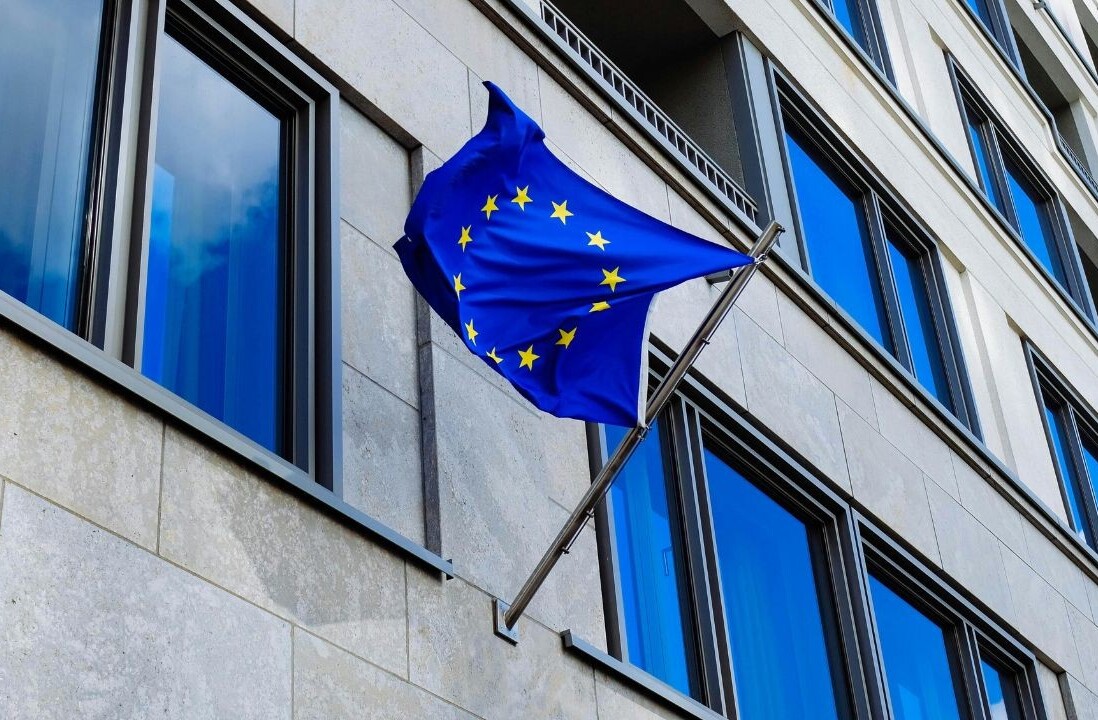
As the European Union prepares for elections next year, the bloc is developing new measures to protect the democratic process.
The latest rules focus on advertising. On Tuesday, EU officials unveiled new regulations for online political ads, which aim to make campaigns more transparent and safe from interference.
These are the five new measures that are being implemented:
1. New transparency
To enhance transparency and accountability, the EU will make it easier to find out who’s behind an ad.
Political adverts will need to be clearly labelled as such. Citizens, authorities, and journalists will also receive information on who’s funding an ad, where the financer is established, the amount that was paid, and the origin of the investment.
All online political ads will be available in a digital repository. This, the EU hopes, will help citizens identify the messages trying to shape their political views and decisions.
2. Further measures on foreign interference
With European Parliament elections scheduled for next June, the EU is also introducing new restrictions on foreign interference.
In the three months prior to an election or referendum, third-country entities will be banned from sponsoring political ads in the EU.
3. Extra rules on ad targeting
Ad targeting faces several fresh restrictions. Under the new rules, only personal data that’s explicitly provided for online political ads and collected from the subject can be used to target users.
In addition, political ads will be barred from any profiling that uses sensitive data such as ethnicity, religion, and sexual orientation. They will also be banned from using minors’ data.
These measures aim to limit the abusive use of personal information to manipulate voters.
4. Protections on freedom of expression
Any rules on online messaging will inevitably spark concerns about free speech.
To allay these anxieties, the EU has pledged to only apply the rules to paid political advertisements. According to union officials, personal views and political opinions will not be impacted.
5. Tough new sanctions
The new rules will be enforced with familiar penalties. In line with the EU’s Digital Services Act, repeated violations will trigger sanctions of up to 6% of the ad provider’s annual income or turnover.
What’s next?
The measures have already been agreed upon by EU legislators, but they still require formal adoption by the European Council and Parliament.
Once that happens, there will be a period of 18 months before the rules apply. However, the rules on the non-discriminatory provision of cross-border political advertising will be in place for the 2024 elections.
“Elections must be a competition in the open, without opaque techniques or interference,” Věra Jourová, Vice-President for Values and Transparency, said in a statement.
“People must know why they are seeing an ad, who paid for it, how much, and what targeting criteria were used. New technologies should be tools for empowerment and engagement of citizens, not for confusion and manipulation.”
Get the TNW newsletter
Get the most important tech news in your inbox each week.




